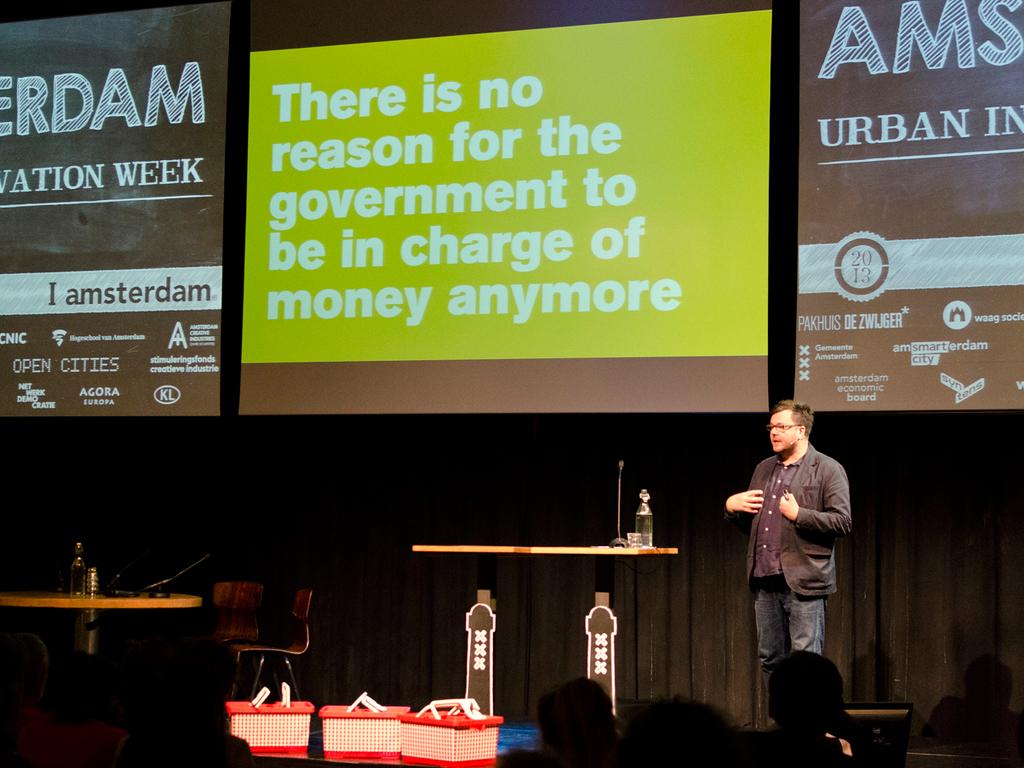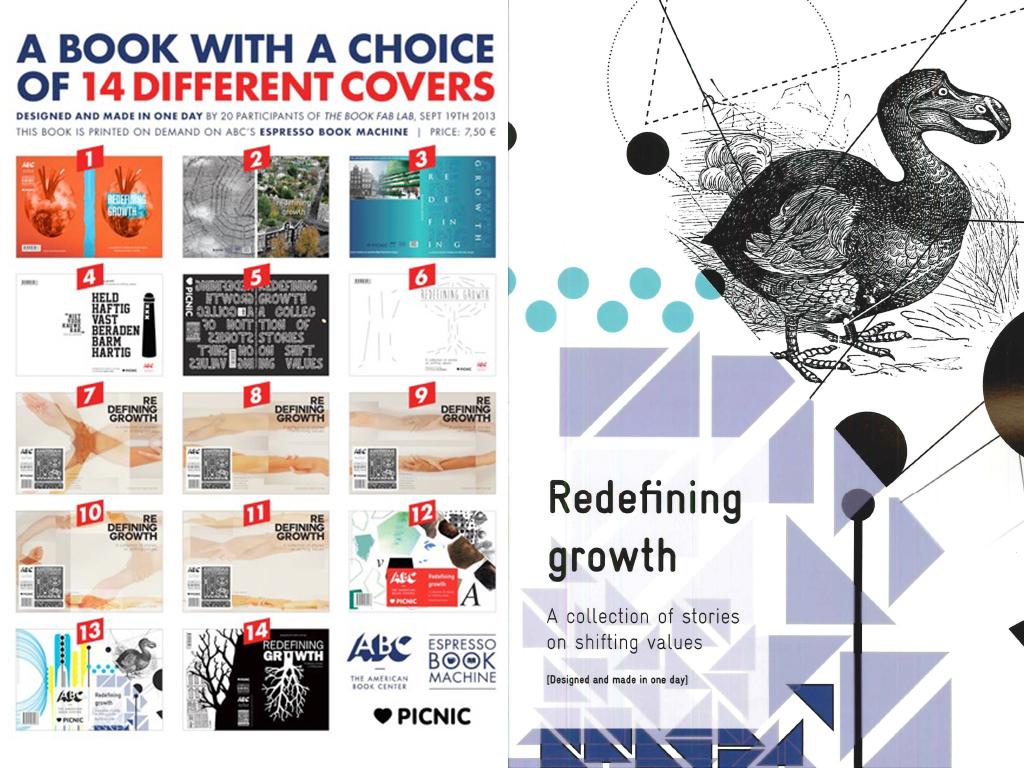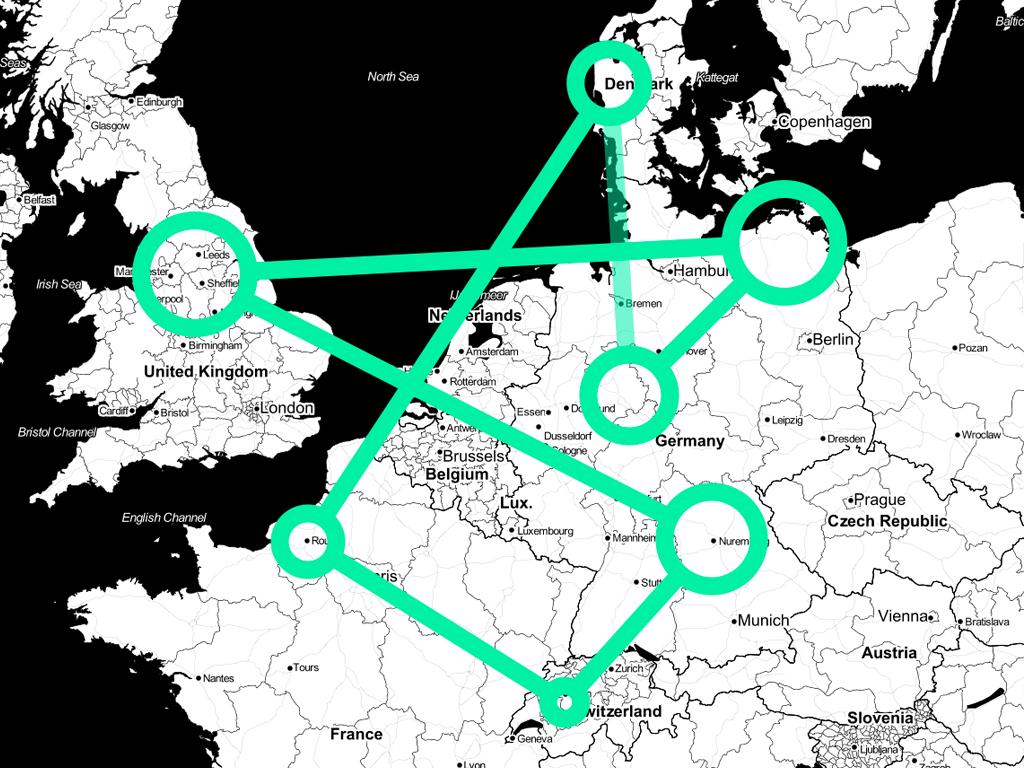"We're starting a revolution," says the self-proclaimed 'renegade economist' Kate Raworth laughing. "I bring the donut, you bring the pencil." An intriguing beginning of a lecture on redefining growth, but it needs some explanation. "This is how students learn how the economy works: money and goods are moving between consumers and companies, as if it is a closed system, like nothing from the outside affects it. This is how I learned it myself, twenty years ago." But what the textbooks present us is an illusion, because there are of course plenty of outside influences and also things that escape the system. "What our universities tell our students is just an oversimplification."
As students are presented with this image year in year out, it may not be surprising that this idea is now firmly anchored in society. "Just as the image that it is normal for the economy to grow, and that growth is ultimately unlimited - set aside short periods of stabilization or decline. But you only have to look at our current situation to see that this is nonsense." Raworth notes that our political leaders are slowly beginning to grasp, but they (despite the bright minds who assist them) also do not have the solution. The first thinks of controlled growth, the second in terms of sustainable growth. A third thinks of balanced growth. "But none of them has realized that they are trapped in their political frame of mind. Without knowing, they are entranched in a mindset that does not reflect reality and is more of a rigid ideology."
"Just as man has become strong and healthy because medical science has examined every part of the human body, the world can benefit as economists examine all aspects," says Raworth. "Doctors give health advice. Economists could eventually do the same." And then, finally, the 'donut' is mentioned. Raworth is pointing to a projection of two circles, of which the inner shows human needs (food, education, income) and the outer represents the limits how much our planet can bear (in terms of pollution, depletion, climate change). "Realization of the first within the limits of the second is possible, but it means that a massive redistribution of money and goods is really necessary. So let's go to the university: I'll tell again what I have just said and you alter the textbooks."
That there are things that escape the system, knows the founder of Contagious Magazine, Paul Kemp-Robertson. Like there is unpaid work within communities. Or, and this is where his interest lies, that alternative payment systems have been developed. He speaks passionately about the success of the Bitcoin: "Within four months it increased in value from 13 to 266 dollars. If you had bought them in the beginning... " He also notes that the confidence of the people in the traditional institutions and banks is decreasing. "In Europe, people think that Google is better for them than the churches." On the other hand, particularly among young people, there is an increasing willingness to hand over information to brands. Especially when there is an incentive to do so. How Starbucks works with 'Stars', Nike with 'Fuel' and Amazon with 'Coins'. "Potentially, these companies are able to set up a shadow economy."
This is a contribution from our guest blogger Michael Jansen - Dings. The photo shows Paul Kemp-Robertson, all photos can be found in this set on Flickr.


